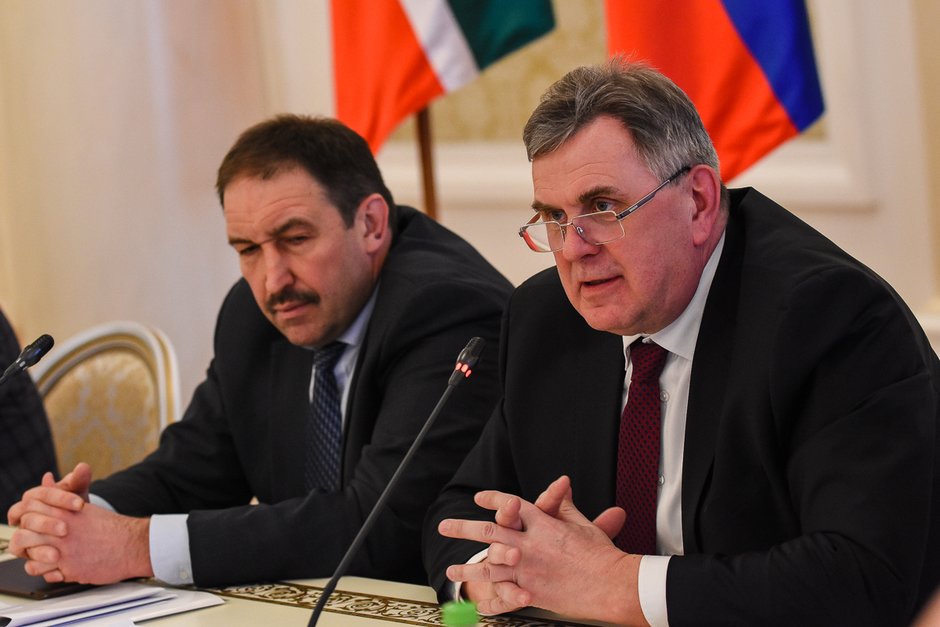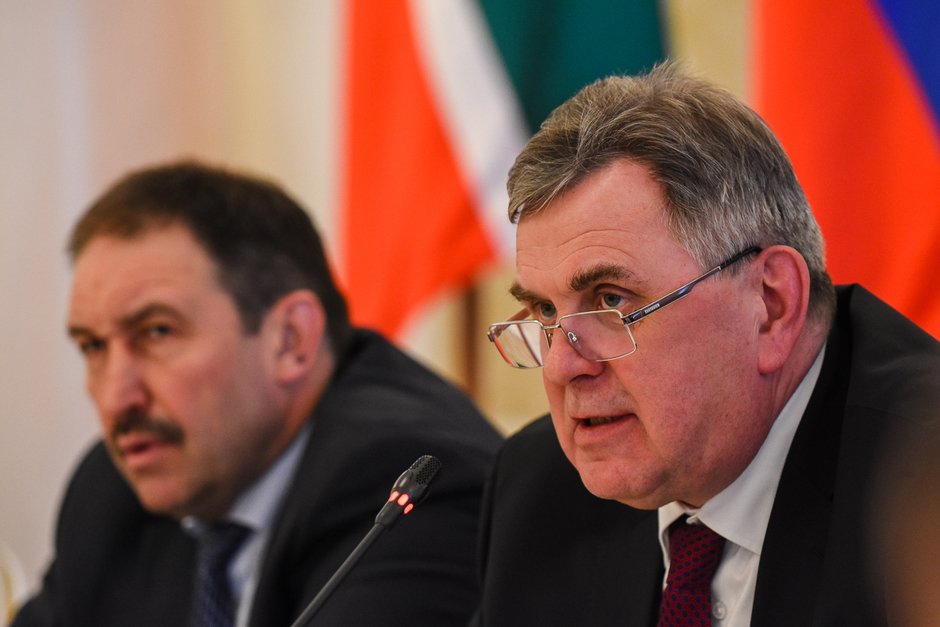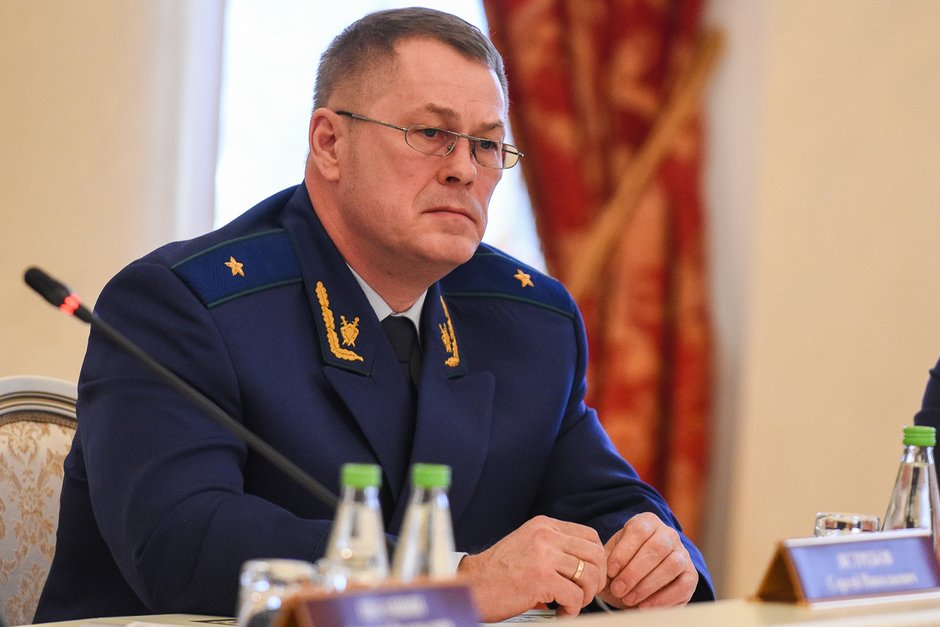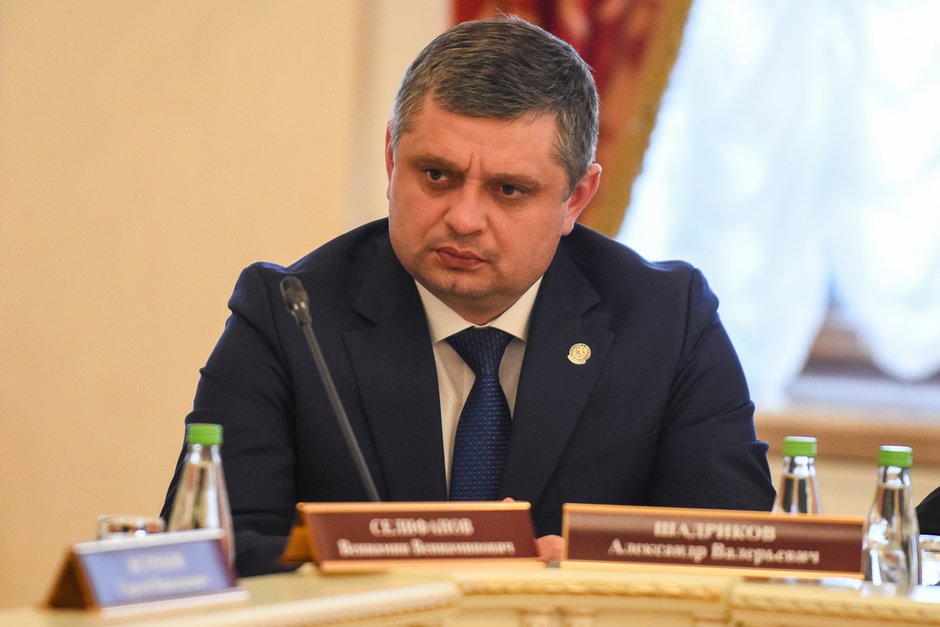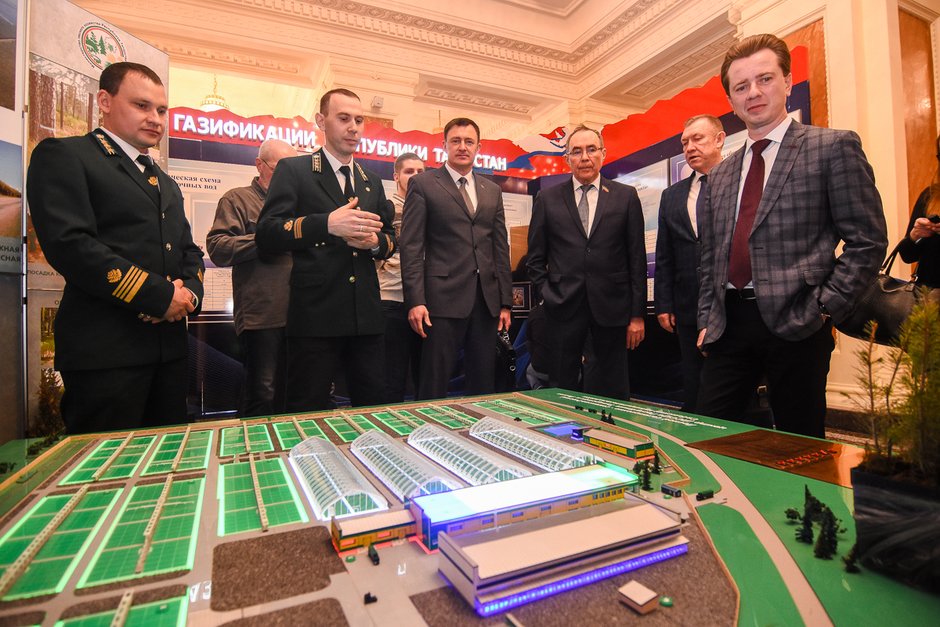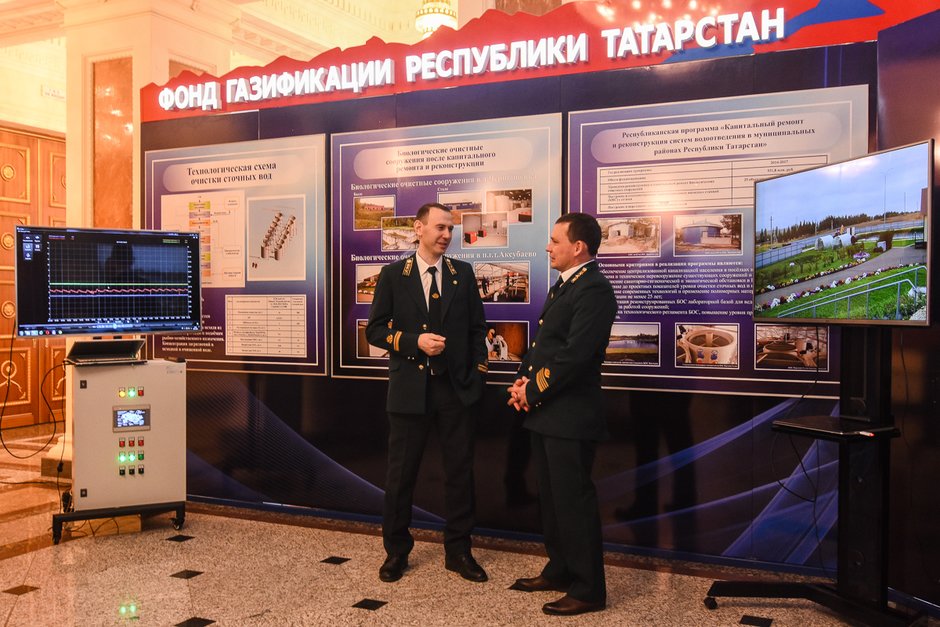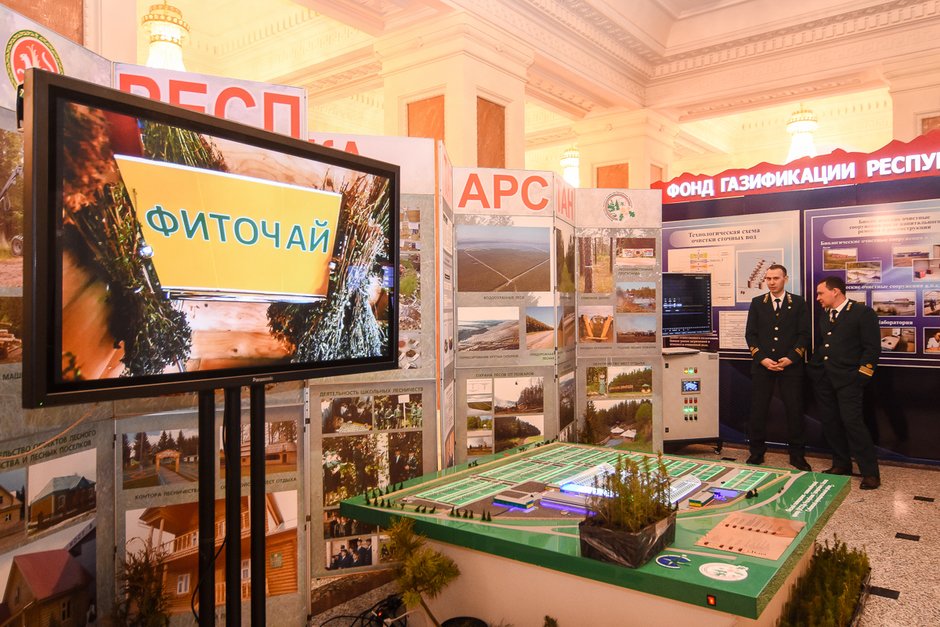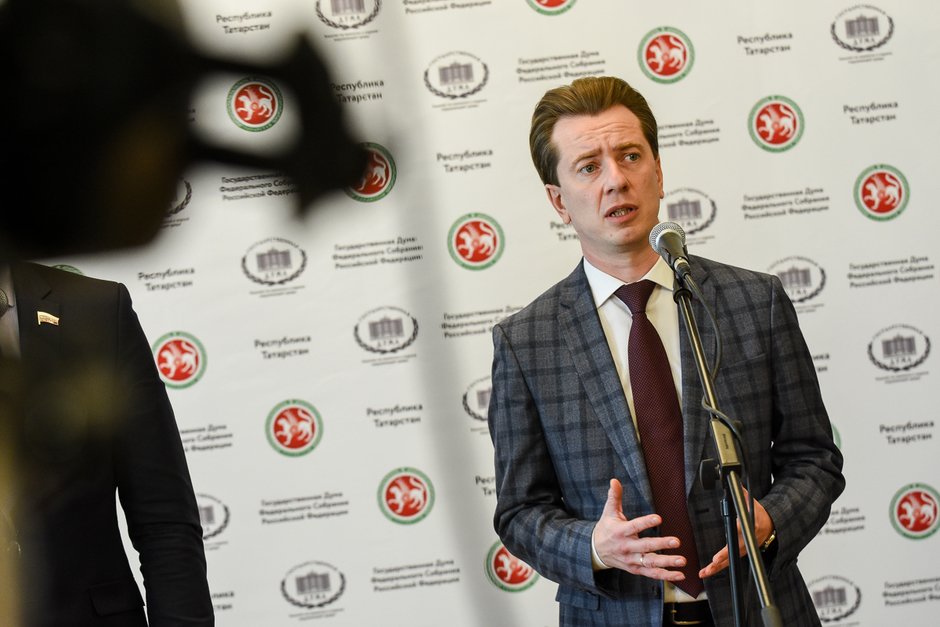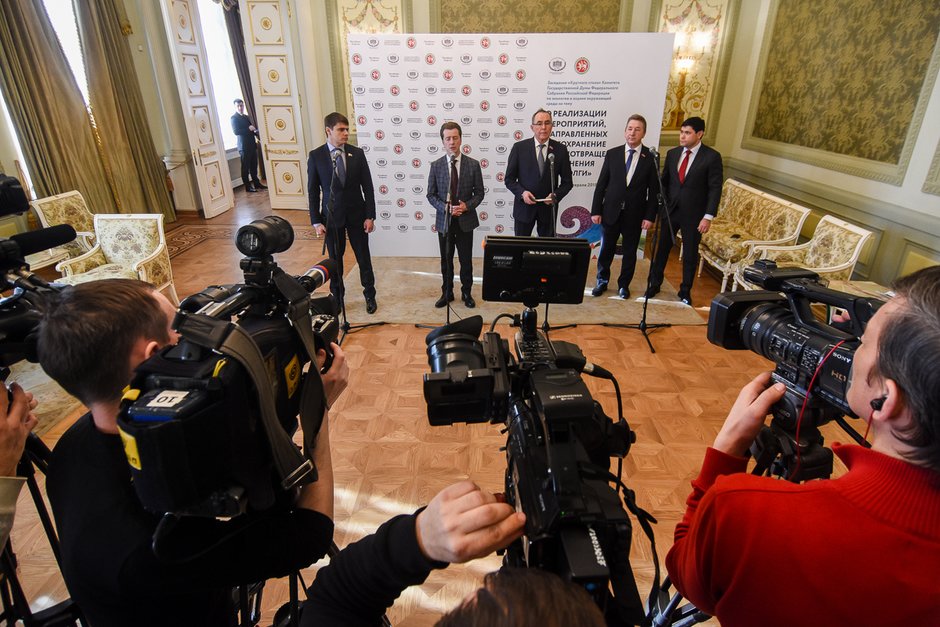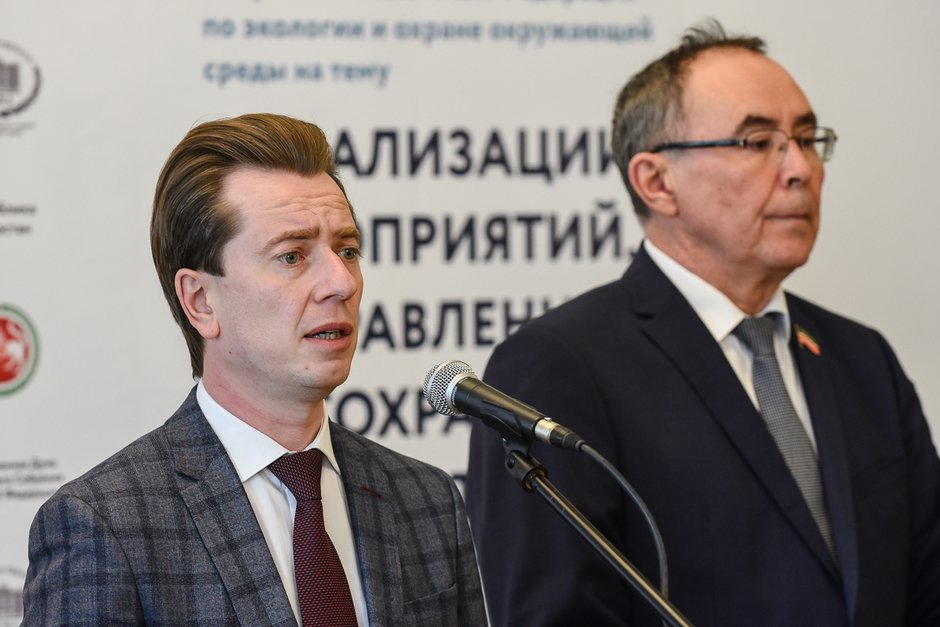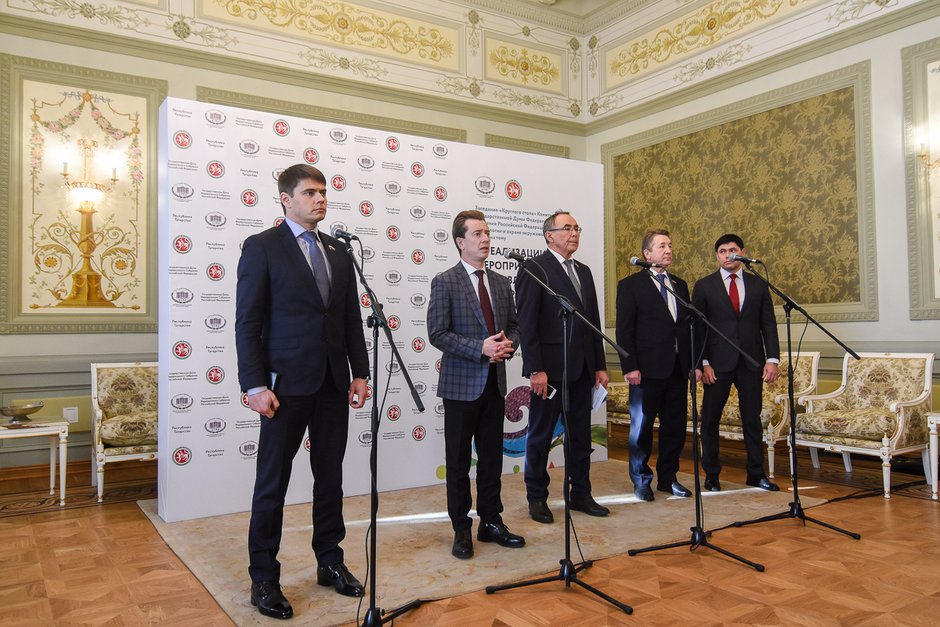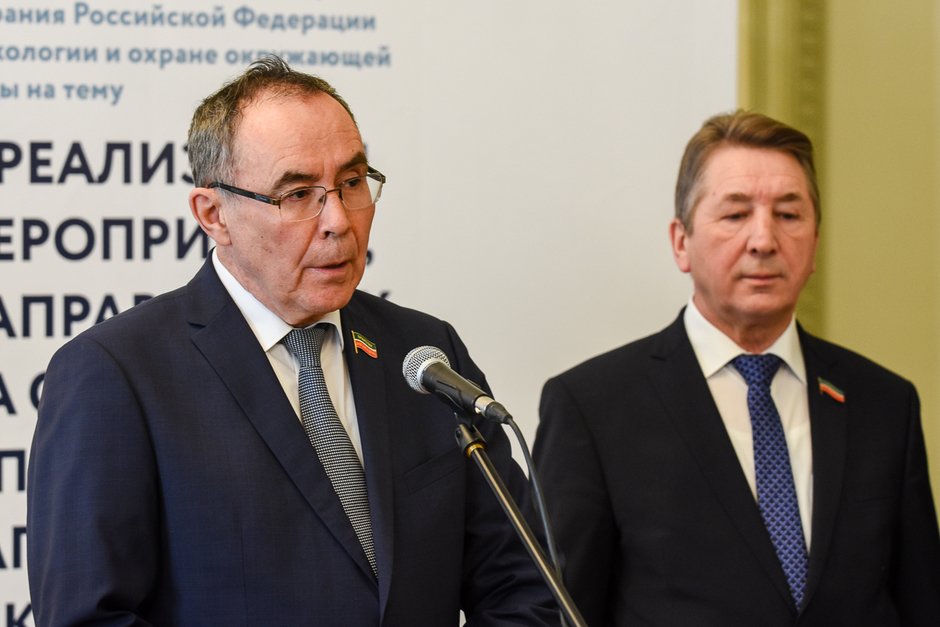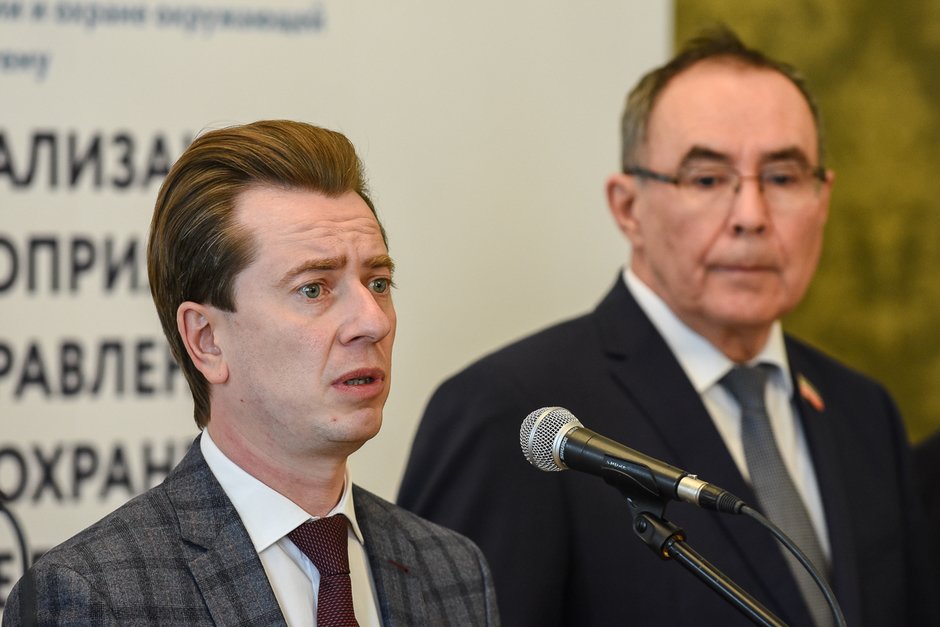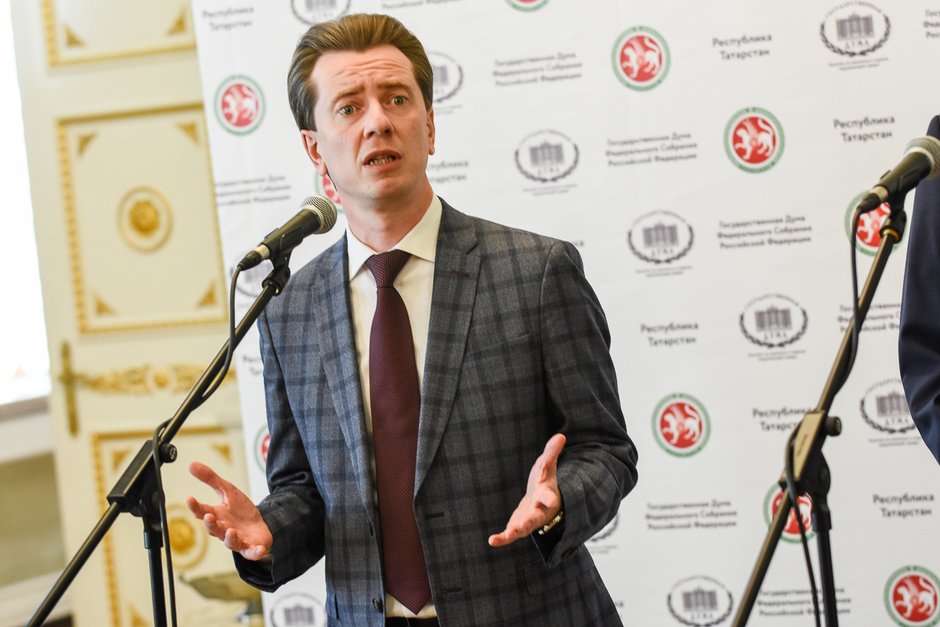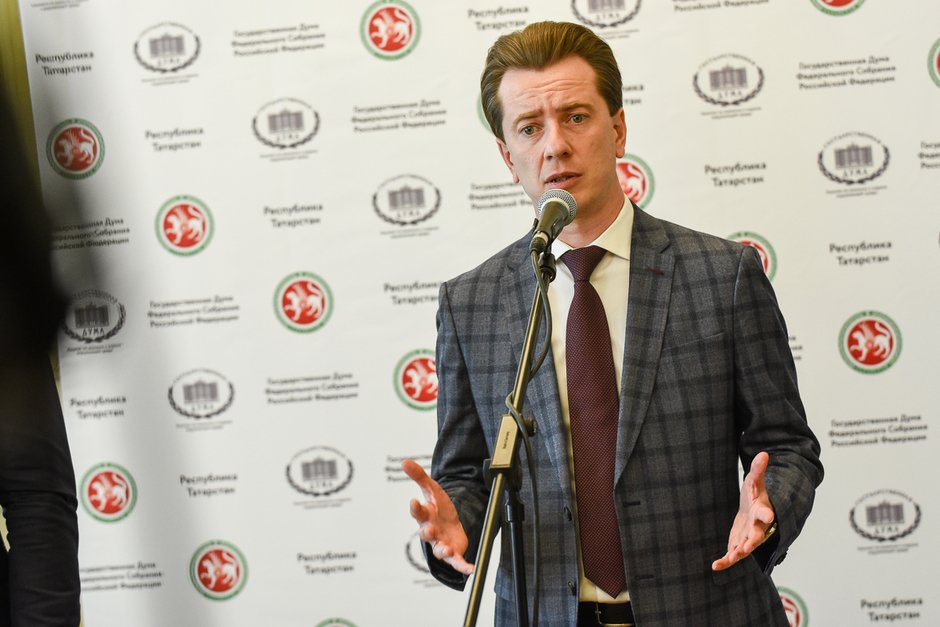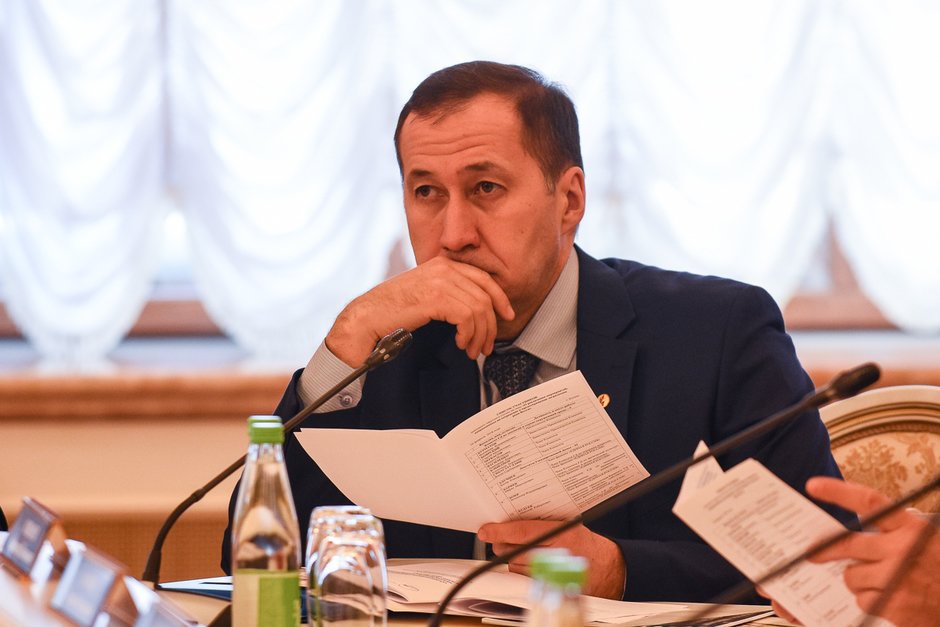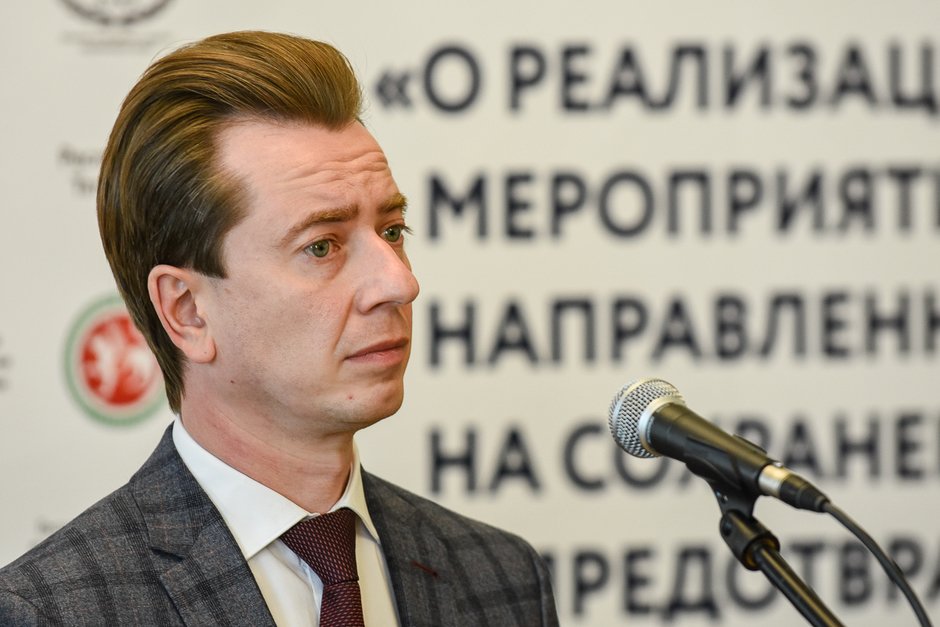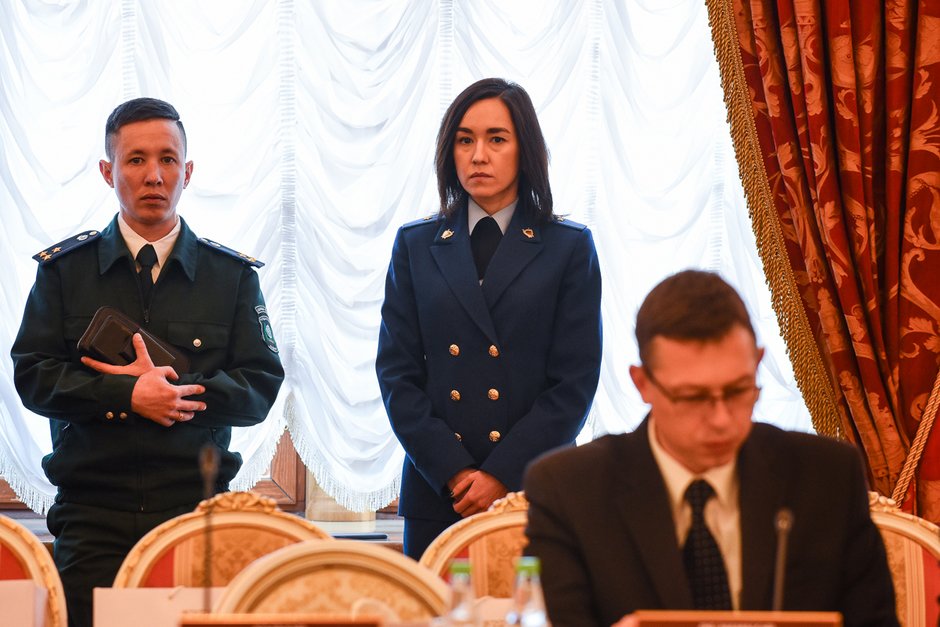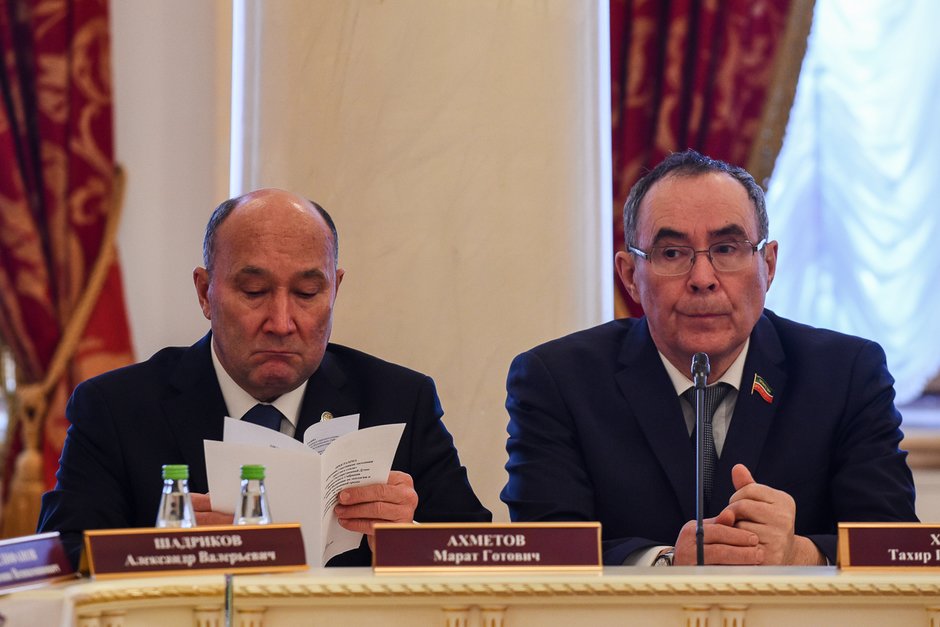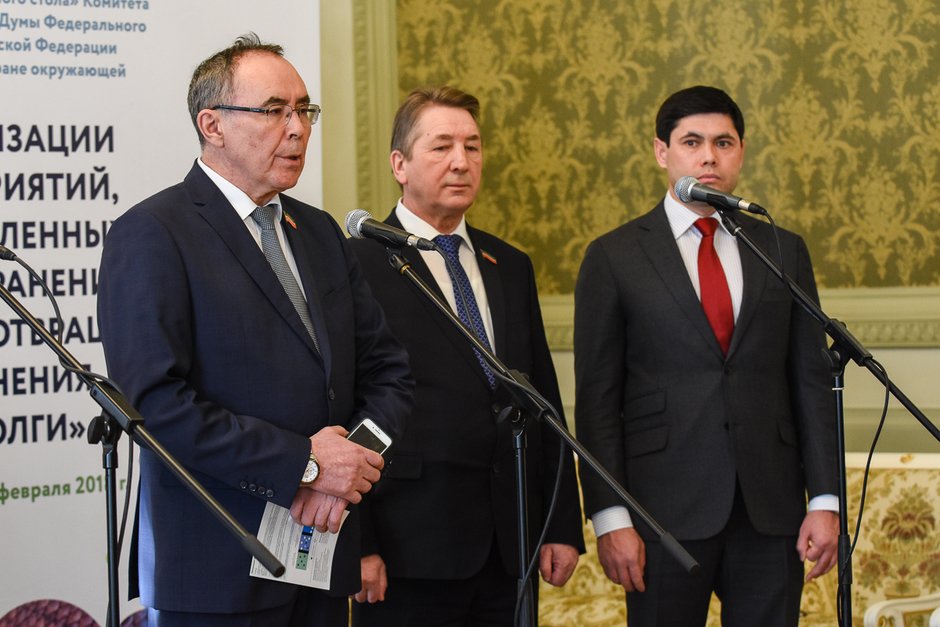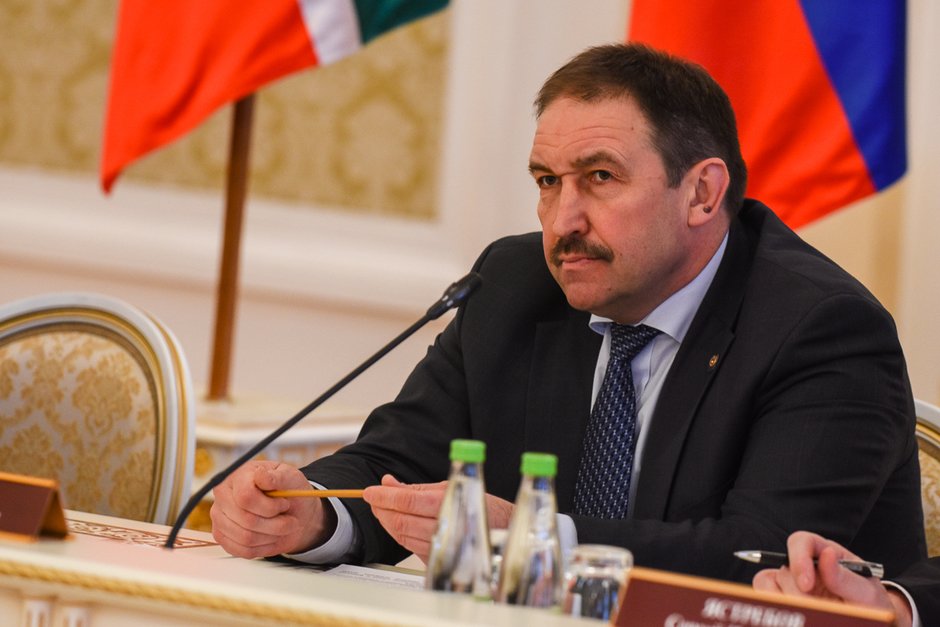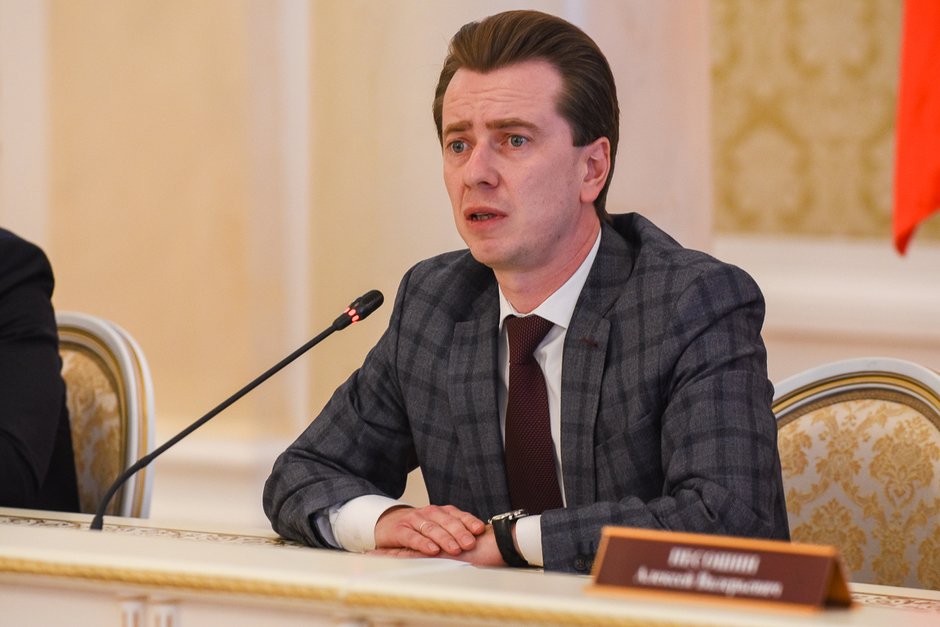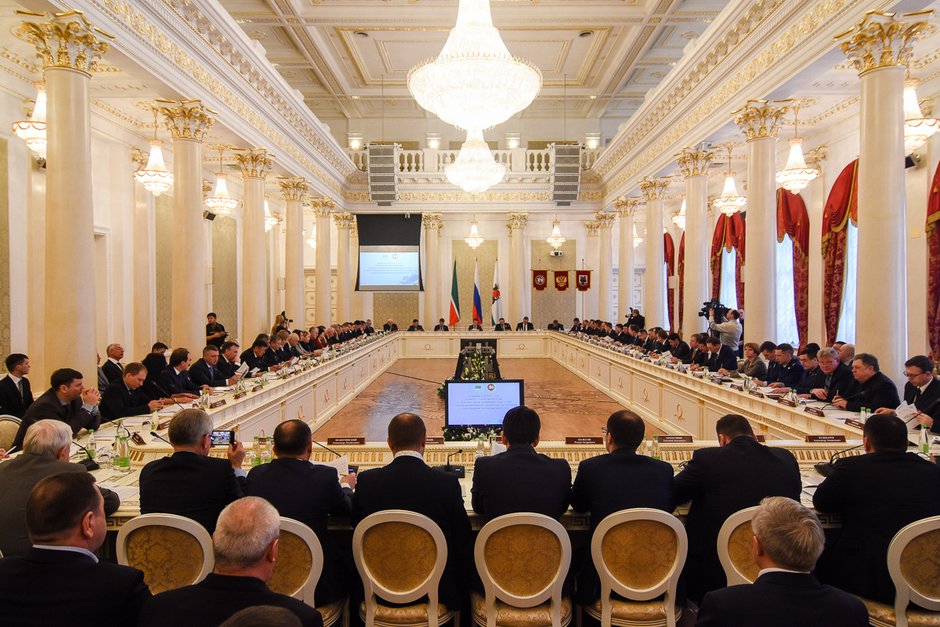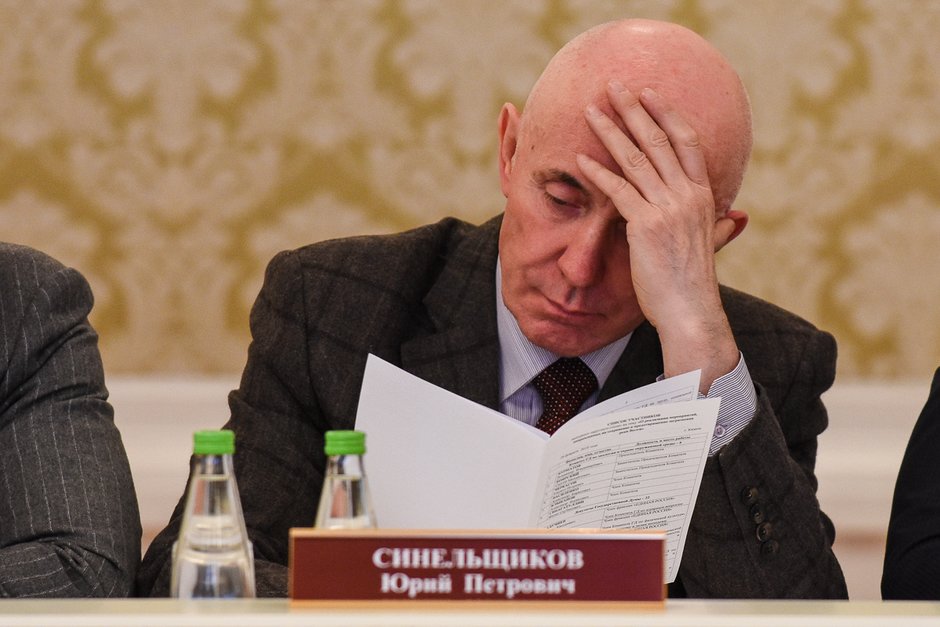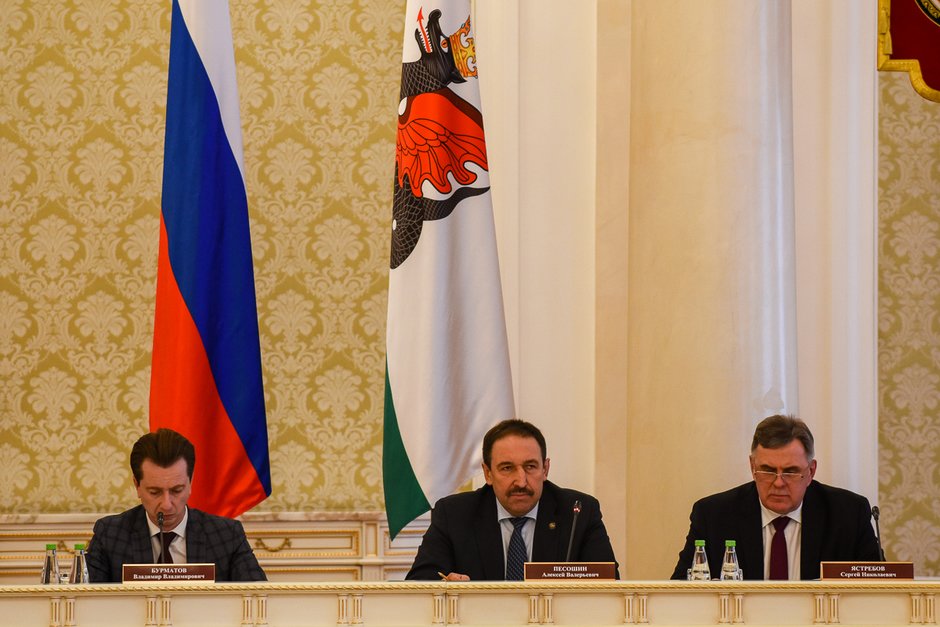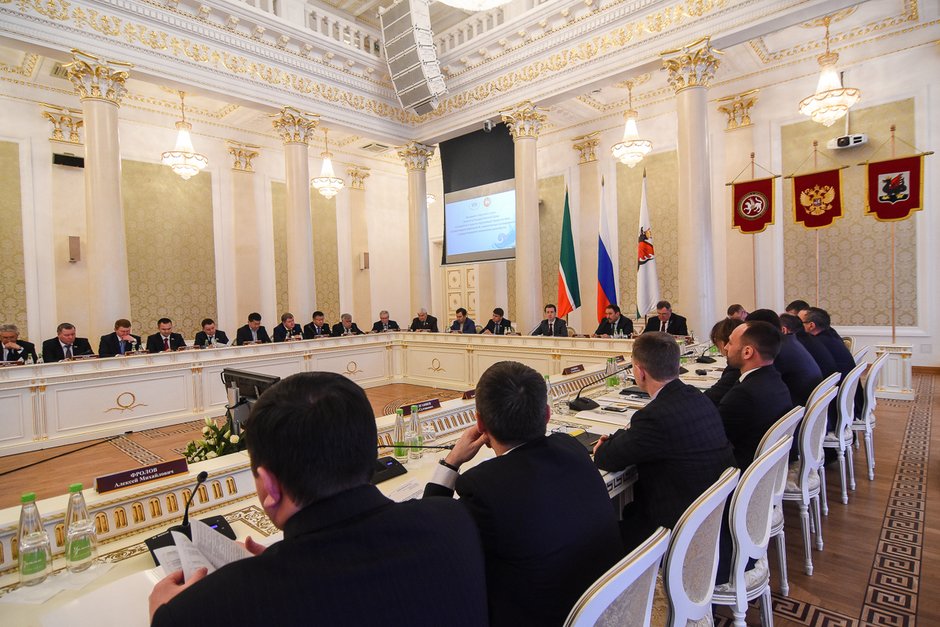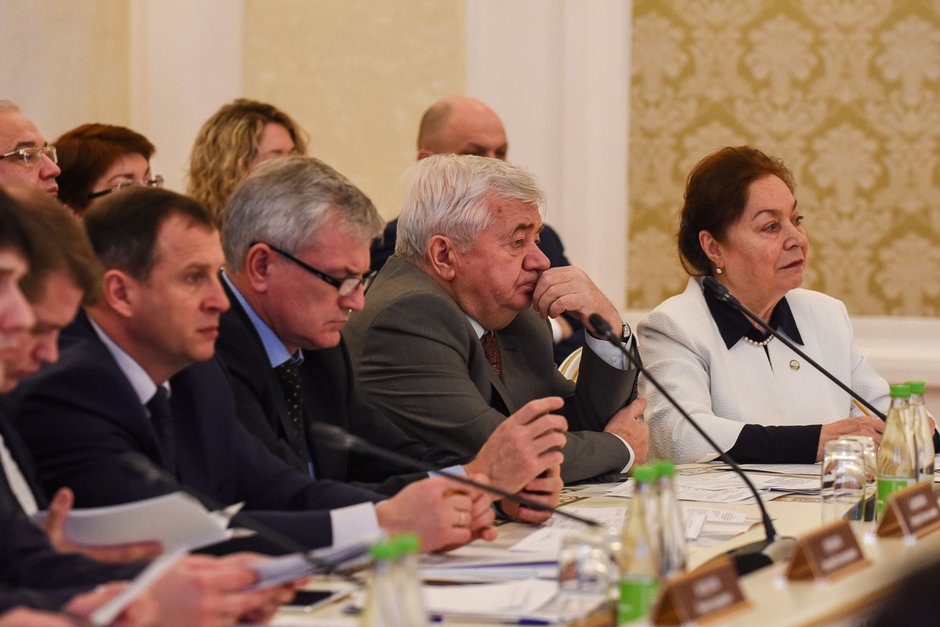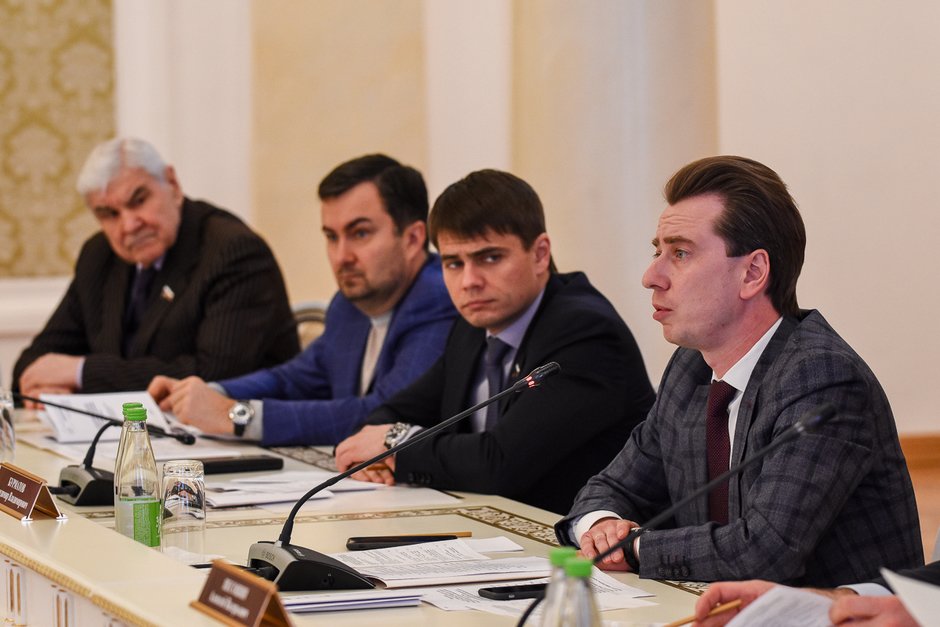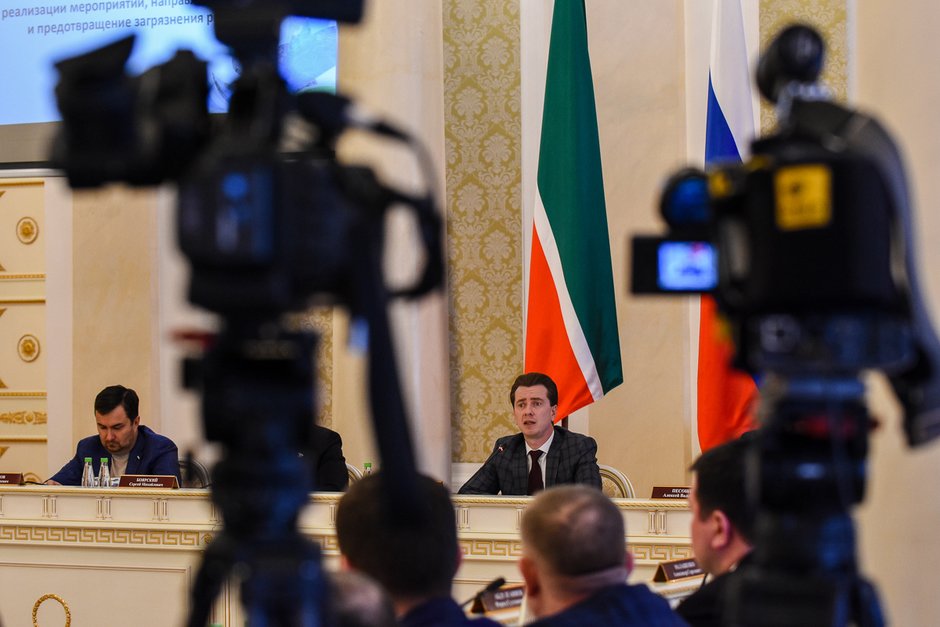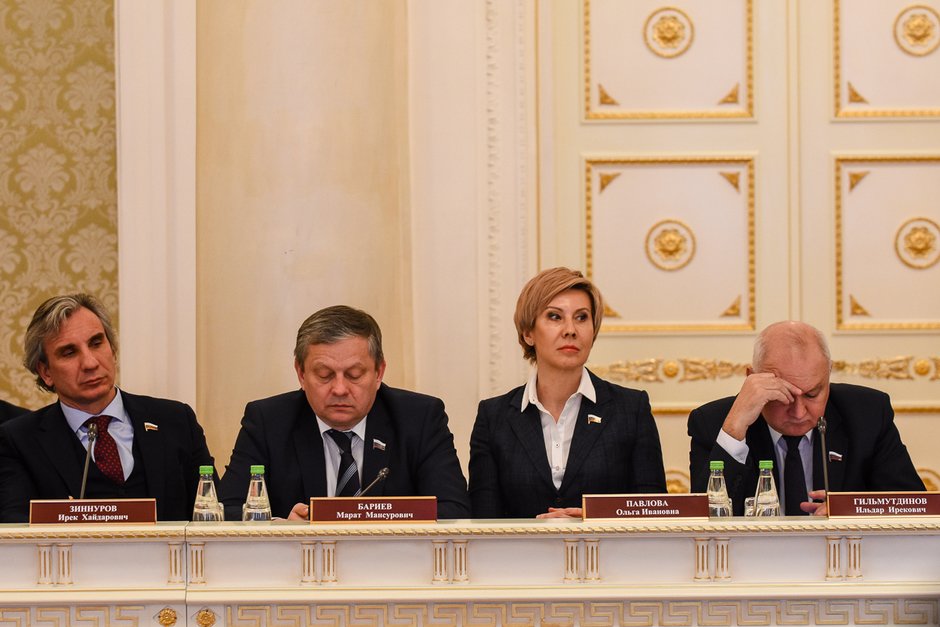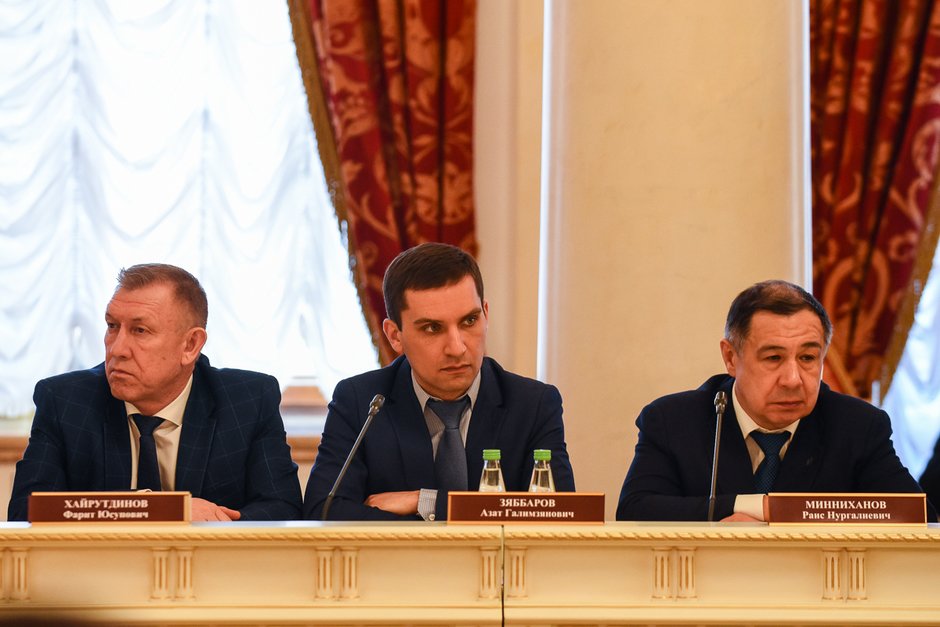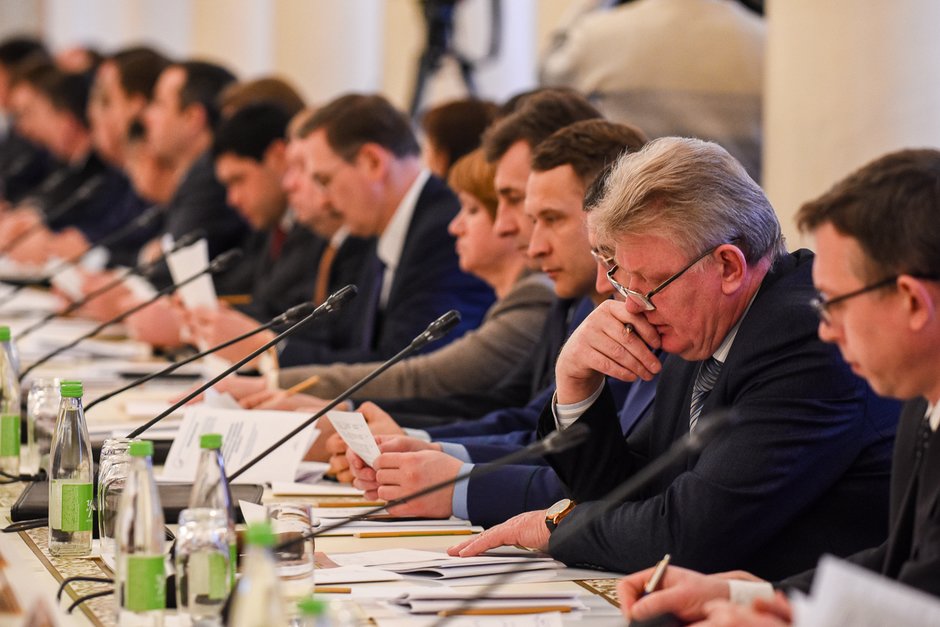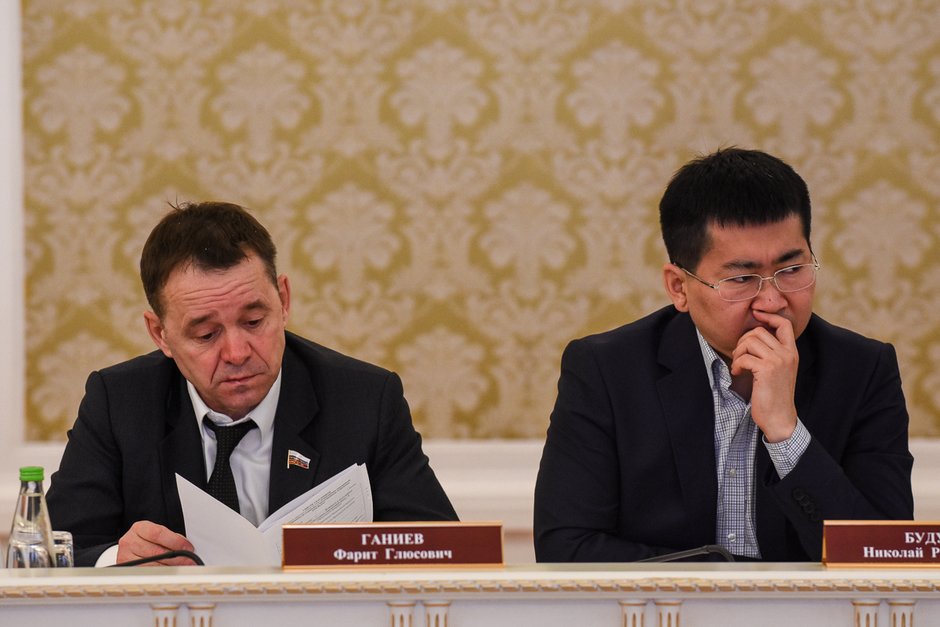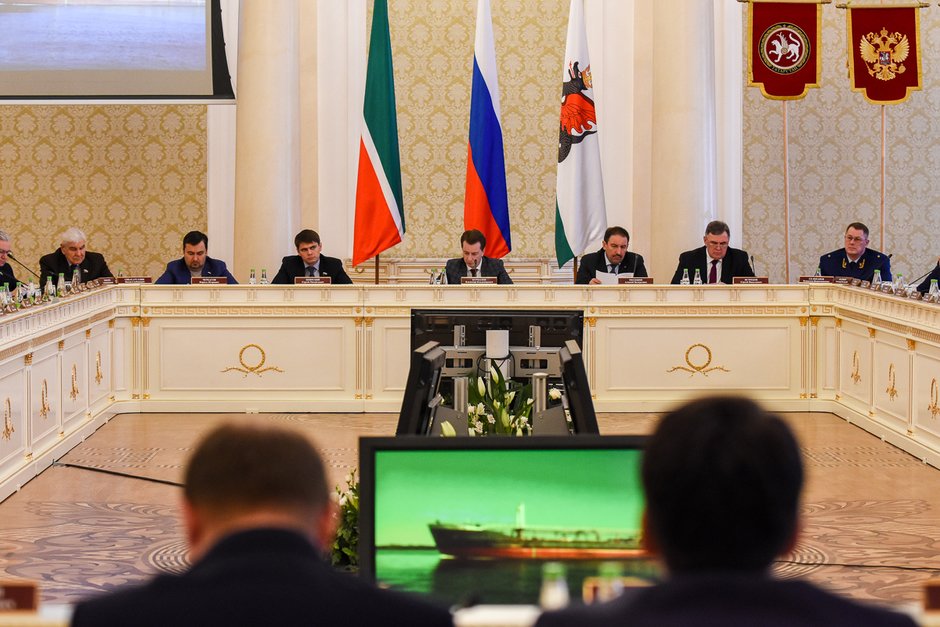How much does it cost to save 'Volga-toiler'?
The ministry of construction of Russia has proposed to impose an additional levy on production of household chemicals and mineral fertilizers
The volume of financing of the federal project for the conservation of the Volga River for eight years can amount to more than 245bn rubles. At the same time, it is known for certainly only the figures for 2018, and the Tatarstan's bid for 19,8bn rubles has not been approved yet. Meanwhile, to save the Volga River, the federal officials have proposed to impose levies on the production of household chemicals and mineral fertilizers. They also criticised Kazan Vodokanal for improper handling of drains. Read more in the material of Realnoe Vremya.
Mega project at 245bn rubles
''The Volga River is a symbol of the Russian Federation. She is a toiler, she has been serving for already many years, and today we have a number of problems,'' Takhir said Khadeev, the chairperson of the Tatarstan State Council Committee on Ecology.
They have found a lot of sources of problems — for example, more than a third of all wastewater discharged in Russia flow into the Volga River. The project 'Preservation and prevention of the Volga river pollution' is intended to solve the accumulated problems of the ''toiler''. The project is designed for eight years. They gathered to discuss the project at a round table discussion of the State Duma Committee on Ecology in expanded format. Among those present there were representatives of federal ministries and supervisory agencies, as well as representatives of all 17 participating regions.
The first question concerned the financing of such an ambitious project: it is clear that they are talking about hundreds of billions, but how much exactly is it and how much each region will get? The head of the State Duma Committee on Ecology, Vladimir Burmatov, before the event forwarded the question to the representatives of federal ministries.
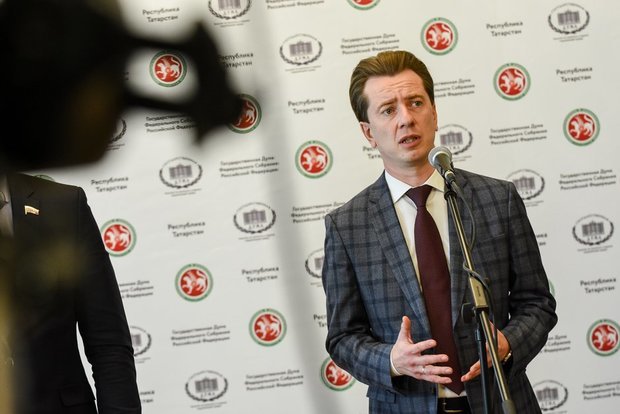
''The sums are going to be announced today by federal authorities if they are ready to do it. If they are not, we will have questions to them why. In the federal budget project for 2018, only floodplain treatment measures are provided with financing, this will primarily affect Volgograd Oblast and Astrakhan Oblast. [… ] Most likely, we will ask more questions today than we will get answers,'' commented Burmatov.
It is known that 480 million rubles will be spent for the floodplain treatment in 2018, and this amount of financing Burmatov called ''very modest''. Following the floodplain treatment project's implementation and the measures to improve the Volga-Akhtuba floodplain, the volume of polluted wastewater discharges into the water bodies of the Volga basin is to be reduced by not less than 80%.
The other figures are still approximate and estimates, the federal agencies have not given specifics. It is known that the whole project is estimated at 245bn rubles so far, including funds from the federal budget and regional budgets, as well as investments of individuals. The representatives of the ministries have not made any amendments to these data yet but stated that they had already considered the project design passports for each of the 17 regions.
During the discussion, the head of Tatarstan ministry of ecology, Alexander Shadrikov, stated that Tatarstan had proposed for the programme the activities in the amount of 19,8bn rubles, including 10,7bn from the federal budget, 7,8bn rubles from the regional. The major part, 15,4bn rubles, is associated with the reconstruction and construction of treatment facilities.
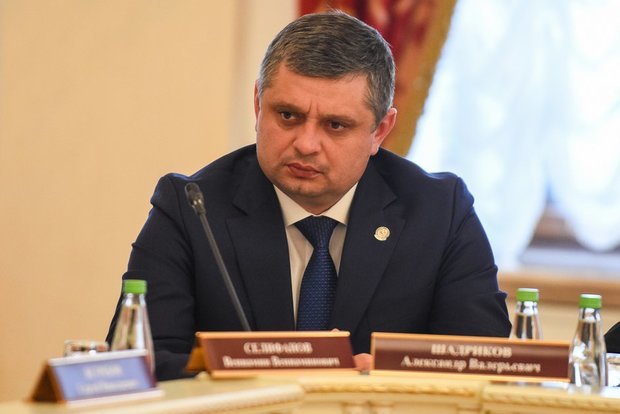
Tatarstan: we have 167 million, we need 20 times more
However, during the discussion they announced another several interesting figures that relate to the Tatarstan Republic. For example, the republic spends 167 million rubles annually on water disposal and sewage treatment facilities, Khadeev said.
''This should be multiplied by at least 20. Since the '60s, this work has almost stopped, and many buildings have become outdated physically,'' Khadeev added.
From these stands located in the hall of the Kazan city hall, where the round table discussion was held, it was clear that the overhaul and reconstruction of drainage systems in Tatarstan cost even more significant amount: 931,8 million rubles from 2014 to 2017, or almost 233 million rubles a year. These funds were spent for the reconstruction of 25 facilities, building and renovating 13 pumping stations, as well as laying of 19,4 km of sewerage networks.
In 2018, the overhaul of treatment facilities will be held in 18 rayons of the Republic of Tatarstan, where 13 treatment facilities and 12 sewage pumping stations with sewerage networks will be repaired.
Besides, Tatarstan ministry of ecology has prepared proposals on liquidation of two objects, which cause significant harm to the ecology of the Volga River, for a total amount of 4,4bn rubles. Four billion rubles of this amount will be spent for reclamation of sludge fields of the Kazan Vodokanal (they will be discussed below) and 400 million rubles — for dismantling of idle pipelines on the territory of the Nizhnekamsk reservoir.

The participants of the round table discussion drew attention to the national breeding centre, which can produce up to 12 million seedlings a year. In total, 31 million seedlings are planted annually to strengthen the banks in Tatarstan.
The construction ministry of Russia proposes new levies for the sake of the Volga River
One of the most significant speeches at the round table discussion was the speech of Elena Solntseva, the director of the housing and communal services department at the ministry of construction of Russia. At first, she spoke about the subsidy programmes for construction and modernization of treatment facilities — in Tatarstan, for example, the plants Ammonia and Tatspirtprom participate in this programme. However, then she touched upon possible sources of funding for such programmes and put forward a number of proposals: to impose an additional levy on production of household chemicals and mineral fertilizers.
According to preliminary estimates, the introduction of a levy on producers of household chemicals, containing maldecomposing surface-active substances, will bring to the budget about 15bn rubles annually. According to the ministry's forecasts, the rise in the price of household chemicals will lead to an increase in population's spendings by not more than 0,8% per month on average.
The environmental levy on production of mineral and organic fertilizers, which are pollutants of water bodies, can be set at the rate of about 2,000 rubles per tonne of products. Then the annual levy will be about 4-5 billion rubles.
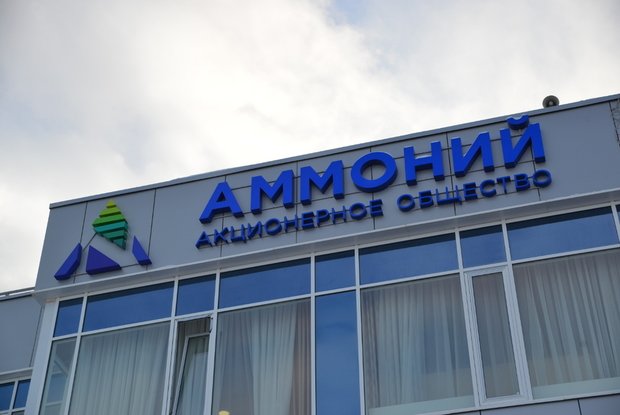
The ministry of construction of the Russian Federation believes that thus the annual volume of the fund, which could finance the programme, will be about 24-25bn rubles. The ministry has already prepared a corresponding draft law, and in the case of the positive decision on it, the implementation will begin in 2019.
Kazan is criticised for sludge fields and drains
More than participant of the round table discussion, including deputy head of the ministry of ecology of the Russian Federation Sergey Yastrebov and head of the regional department of Rosprirodnadzor Farit Khayrutdinov, pointed to the problems of Kazan on the issue of wastewater treatment. The latter stated that the Kazan Vodokanal discharges 80 million tonnes of untreated storm water into the Kazanka River a year and has caused the formation of 100 hectares of sludge fields. The answer was given by the chairperson of the housing and communal services committee of the Executive Committee of Kazan, Iskander Giniyatullin.
''The sludge fields are really a pain in the neck for Kazan. But we're not standing still. At present, a project of modernization and reconstruction of treatment facilities has been developed. The total amount is 3,2bn rubles, and we have already begun works on the first stage.''
We are talking about a project to build a plant for thermomechanical processing of sludge. When this plant is completed (Giniyatullin did not announce the planned completion dates), it will no longer be necessary to discharge sludge on the fields. He estimated the construction of the plant at 1,4bn rubles.
However, to these sums it should be added the already voiced by the head of the ministry of ecology of the Republic of Tatarstan cost of reclamation of sludge fields at 4bn rubles. Giniyatullin also added that another 5,2bn rubles should be allocated for the construction of treatment facilities on the main outfalls of storm sewers.
Over two years the city budget allocated 140 million rubles for the implementation of this programme, and, according to Giniyatullin, it won't be possible to conduct the works only at the expense of the budget of Kazan or at the expense of internal resources of Vodokanal itself. Therefore, the official proposed to attract money for any of the federal programmes, even if not for the programme of preservation of the Volga River.
Giniyatullin also reminded that the system of hydraulic engineering protection of Kazan was built in 1955 and includes 35 objects. At the same time, Kazan, according to him, is the only large city of the Volga region where such facilities are in municipal ownership. In order to ensure the proper maintenance of these facilities, he requested to transfer these facilities to the federal structures.
